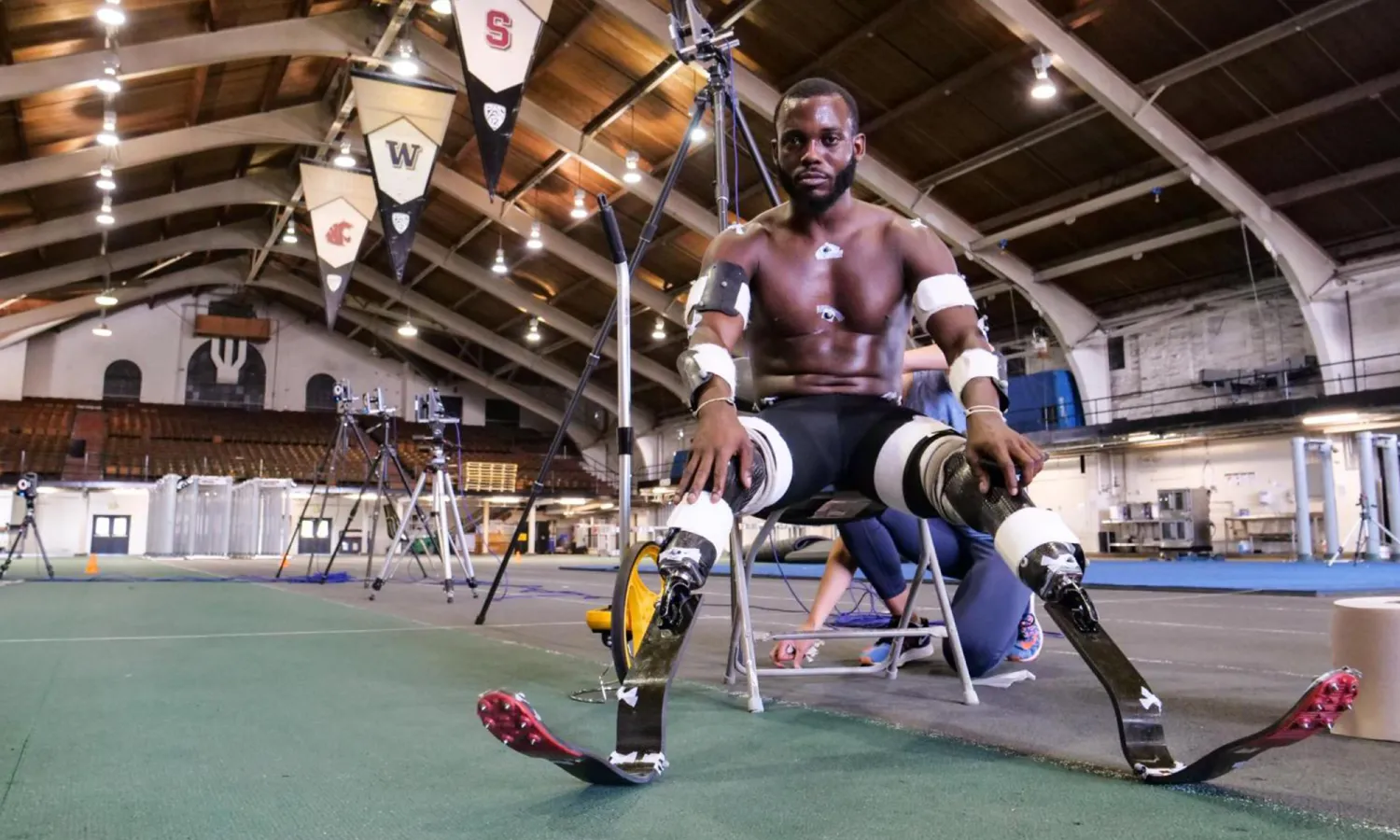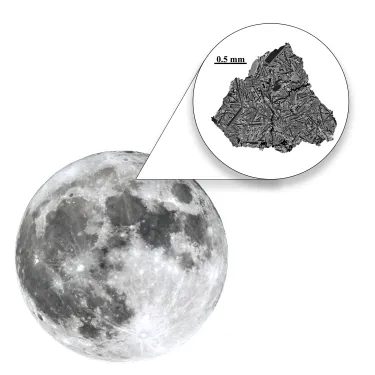
CU Research on Moon Rock Samples, Running Prostheses and Criminal Cases

No Advantage For Blade Runners
Eagerly anticipated CU research was published in Royal Society Open Science containing the most comprehensive dataset ever collected from runners with bilateral leg amputations. Senior study author and CU Boulder integrative physiology associate professor Alena Grabowski told CU Boulder Today: “The use of running prosthesis provides no competi-tive advantage over 400 meters compared to biological legs.”
The study's findings can have major implications for “blade runners” — sprinters who use running prostheses — like Blake Leeper, the world’s fastest 400-meter sprinter, who was ruled ineligible for the Tokyo Olympics because of an assumed advantage.
CU to Review Criminal Case For Wrongful Convictions
Last fall, CU Law School’s Korey Wise Innocence Project (KWIP) partnered with the Colorado Bureau of Investigation to review 51 criminal cases that occurred in Colorado between 1976 and 1995 and used microscopic hair analysis (used before more accurate forensic DNA testing) as evidence. KWIP will review court transcripts for potentially inaccurate testimony and determine whether the hair microscopy evidence played a part in the conviction. Some convictions may be challenged based on any new findings.

New Moon Rocks
CU planetary scientist Carolyn Crow was one of several scientists from around the globe to examine two tiny moon rock samples brought to Earth by a Chinese ascent vehicle in December 2020. The moon rocks are the first to be collected in 45 years and may be able to help scientists fill in a gap in the moon’s geologic record and contribute to the geologic history of other planets.
Heard Around Campus
“Life shouldn’t be seen as better because you partner up; it should just be seen as different.”
— Peter McGraw, CU Boulder professor of marketing and psychology, on research that people are now less dependent on relationships. He’s among the first to research single people specifically.
2019
Founded
300,000+
People watched its conversation on compassion and dignity with the Dalai Lama
15,000
Students reached by sharing Crown Wellness Tips
53
Students currently engaged in Crown research projects
4,428
Undergraduates enrolled in Crown Institute courses
32
Community and school partners
Photos by iStock/Cylonphoto (moon); Beijing SHRIMP Center, Institute of Geology, CAGS (moon rock)

